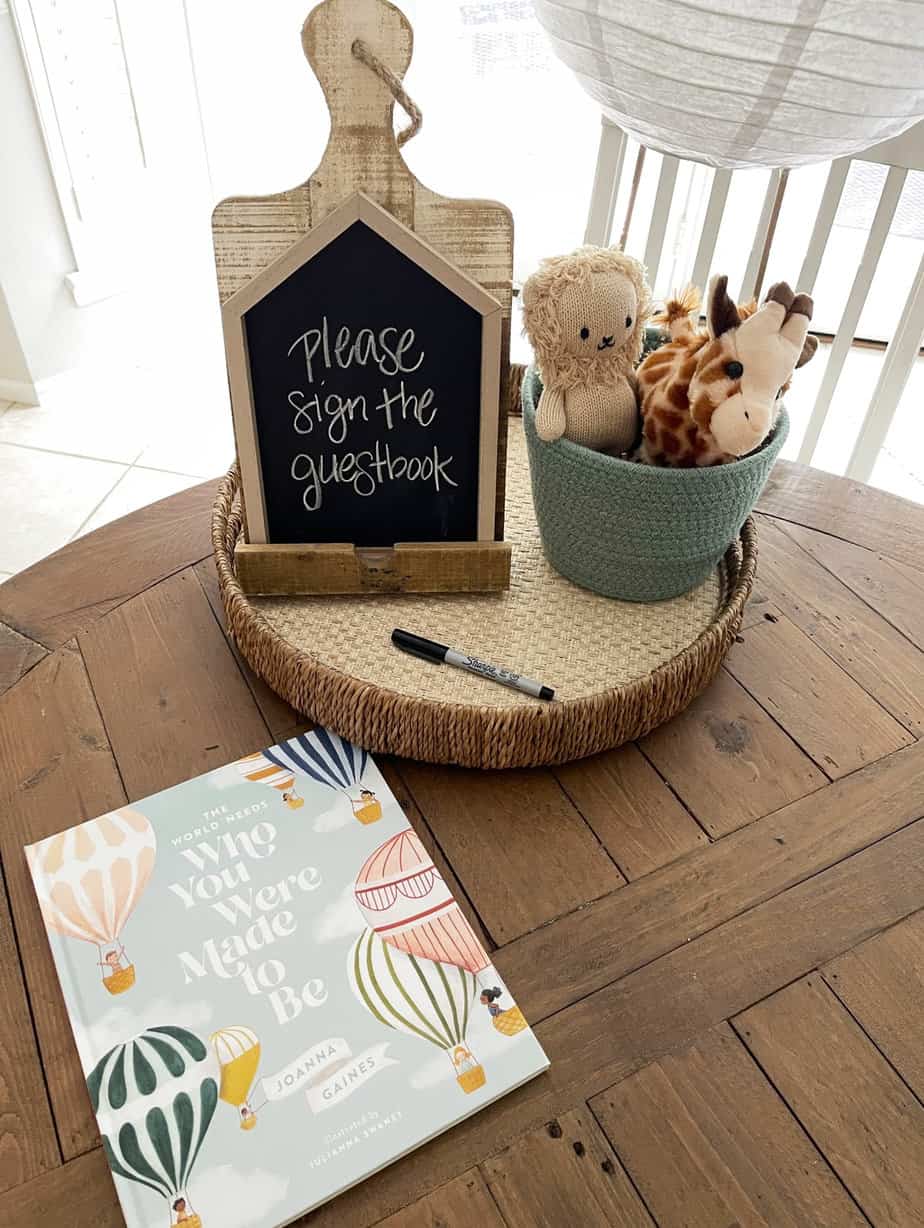Planning a stress-free event requires a detailed approach and diligent execution. Start by defining your goals and crafting a structured timeline using project management tools. Set a realistic budget, accounting for all potential costs and maintaining a contingency fund. Delegate responsibilities by matching tasks to team member strengths and fostering a collaborative environment. Choose a venue that meets your needs and guarantees guest comfort with accessible amenities. Finally, prepare an all-encompassing contingency plan to handle unforeseen issues seamlessly. By implementing these tips, you’ll guarantee your event runs smoothly and successfully, with more insights ahead.
Start With a Detailed Plan
A successful event hinges on meticulous planning, so your initial step should be to create a detailed plan. Start by defining your event goals clearly. What do you hope to achieve? Whether it’s raising funds, celebrating a milestone, or fostering community engagement, knowing your objectives will guide every subsequent decision.
Write these goals down and make sure they’re specific, measurable, achievable, relevant, and time-bound (SMART). Consider how custom catering solutions like finger food catering Wollongong can play a role in meeting your objectives, especially when accommodating dietary restrictions and unique themes.
Next, focus on timeline creation. A well-structured timeline is vital for keeping your event on track. Begin by listing all the major tasks and milestones, such as securing a venue, booking speakers, and sending invitations.
Break these tasks into smaller, manageable steps. Assign deadlines to each step and make sure they’re realistic. Use a project management tool or a simple spreadsheet to monitor progress and make adjustments as needed.
Incorporate regular check-ins into your timeline. These allow you to review progress and address any issues promptly. It’s important to remain flexible; unexpected changes are inevitable, but a well-crafted plan can help you adapt without derailing your event.
In your plan, consider the roles and responsibilities of your team members. Clearly define who’s responsible for what, and make sure everyone understands their tasks.
Effective delegation not only lightens your load but also empowers your team, fostering a sense of ownership and collaboration.
Set a Realistic Budget
Setting a realistic budget is vital for the success of your event. Start by outlining all potential costs, from venue rental and catering to decorations and entertainment. This initial step guarantees you cover all bases and leaves no room for unexpected financial surprises.
Next, prioritize budget allocation. Determine what aspects of the event are most important to you and allocate funds accordingly. For example, if you value a high-quality venue over extravagant decorations, direct more of your budget towards securing a prime location. This method allows you to spend wisely without compromising the overall quality of your event.
Incorporate versatile décor options like custom table cloth to add a professional touch without breaking the bank.
Expense tracking is essential throughout the planning process. Utilize tools such as spreadsheets or budget management apps to keep a detailed record of every expenditure. This practice not only helps you monitor spending but also enables you to make adjustments as needed.
Regularly review your expense tracking to guarantee you stay within the allocated budget.
While planning, always allocate a contingency fund, typically around 10-15% of your total budget. This buffer will cover any unforeseen costs that arise, giving you the freedom to handle last-minute changes without stress.
Moreover, seek out cost-saving opportunities. Negotiate with vendors for better rates or consider off-peak dates for your event to reduce expenses.
Delegate Responsibilities
Frequently, event planning can become overwhelming if you try to manage every detail on your own. To guarantee a seamless process, it’s essential to delegate responsibilities effectively. Start by identifying the core tasks that need to be accomplished. Break down the event into manageable components such as venue setup, catering, entertainment, guest coordination, and marketing.
Next, define specific team roles. Assign a team lead for each component, someone who’s the expertise and reliability to oversee that particular area. Make sure each team lead understands their responsibilities and the deadlines they need to meet.
When assigning these roles, consider the strengths and weaknesses of each team member. This way, you’ll ensure that tasks are completed efficiently and to a high standard. Guaranteeing secure and efficient online payment using a system like restaurant ordering system can also be a key aspect of managing the financial side of the event smoothly.
Task assignment should be clear and concise. Use project management tools or software to track progress and provide updates. Clearly outline expectations, provide necessary resources, and set realistic deadlines.
Regularly check in with your team leads to ensure everything is on track, but don’t micromanage. Trust in their abilities to get the job done.
Encourage open communication within your team. Create a collaborative environment where team members feel comfortable sharing their ideas and concerns. This won’t only foster teamwork but also allow for quick problem-solving if issues arise.
Choose the Right Venue
Selecting the perfect venue is vital to guaranteeing your event’s success. Your choice can notably influence the atmosphere, guest experience, and overall flow of the event.
Start with understanding your event’s specific needs and objectives. What type of ambiance are you aiming for? Are you planning a formal corporate gathering or a lively social celebration? Clearly defining your requirements will streamline the venue selection process.
Consider the space capacity of any venue you’re evaluating. Verify it comfortably accommodates your guest list with room for movement, activities, and any necessary equipment or staging. An overcrowded space can dampen the experience, while an overly large venue might make the event feel sparse. Strike a balance by matching the space to your anticipated attendance.
Location is another essential factor. Choose a venue that’s easily accessible for your guests, whether they’re local or traveling from out of town. Proximity to public transportation, ample parking, and nearby accommodations can make a notable difference in attendance and guest satisfaction.
Don’t overlook the amenities and services offered by the venue. Does it provide essential equipment like AV systems, lighting, and Wi-Fi? Is there on-site catering, or will you need to bring in external vendors?
Understanding these details upfront can prevent last-minute complications and help you manage your budget more effectively.
Have a Contingency Plan
Planning an event involves countless moving parts, and having a contingency plan guarantees you’re prepared for the unexpected. Start by identifying potential risks, such as weather disruptions, technical failures, or vendor cancellations. By anticipating these issues, you can develop effective strategies to address them promptly.
First, create a list of emergency resources. For instance, if your event relies on technology, make sure you have backup equipment like projectors, microphones, or laptops. Additionally, designate a technical support team ready to troubleshoot any issues that arise.
If your event is outdoors, rent tents and heaters as a precaution against inclement weather. Having these resources on standby guarantees that unforeseen problems won’t derail your event.
Next, establish relationships with backup suppliers. Confirm your primary vendors’ reliability, but also have alternative contacts ready. For example, if your caterer cancels last minute, a backup supplier can step in without causing a major disruption.
Similarly, having alternative florists, photographers, or entertainers means you’re not left scrambling if someone backs out unexpectedly.
Communicate your contingency plans clearly with your team. Make sure everyone knows their roles and responsibilities in case of an emergency. Hold a meeting to review the plan and address any questions, so your team feels confident and prepared.
This clear communication will guarantee a smooth execution even if things don’t go as planned.
Incorporating a well-thought-out contingency plan into your event planning process doesn’t limit your freedom; it enhances it. By being prepared for any scenario, you guarantee that you can handle surprises gracefully, allowing you to focus on delivering an unforgettable experience for your guests.
Conclusion
By following these tips, you’ll set yourself up for a stress-free event that everyone will enjoy. You might worry that delegating responsibilities means losing control, but it actually guarantees tasks are handled efficiently. Remember, detailed planning and a realistic budget are your foundation, while the right venue and a solid contingency plan keep everything on track. Stay organized, and your event will be both professional and memorable. You’ve got this—start planning today!








